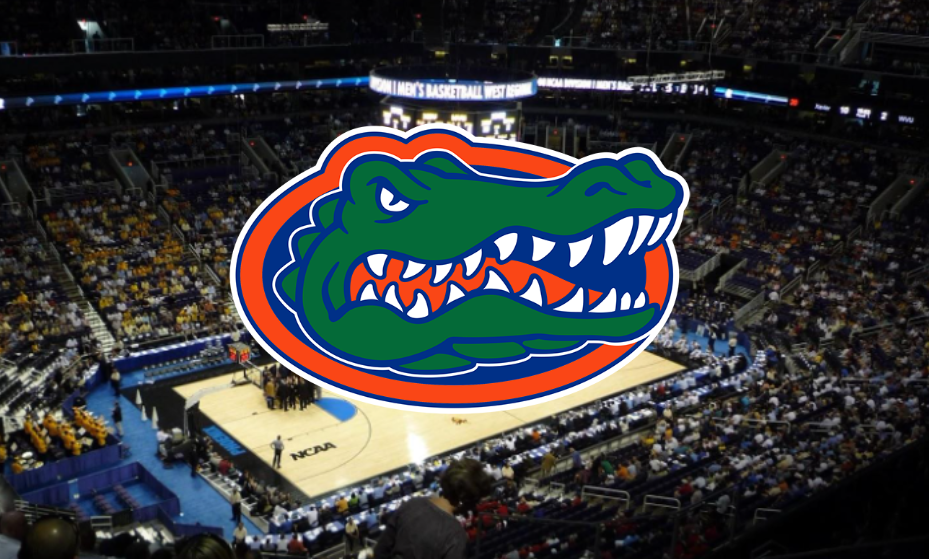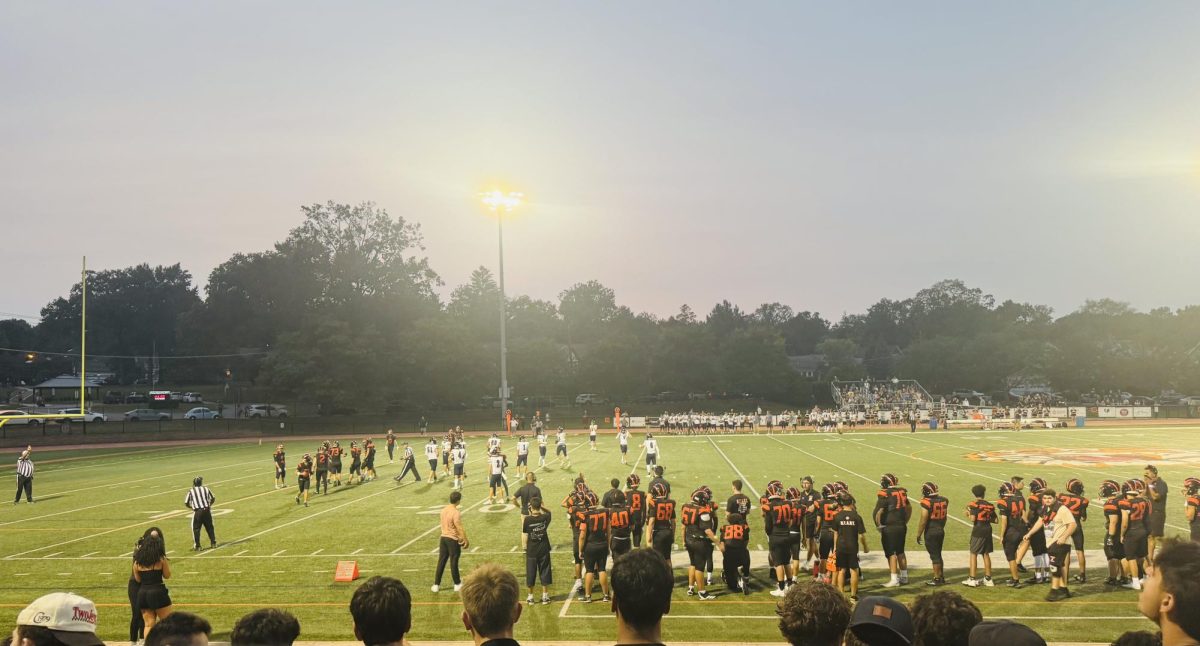For the past 86 years, 68 Division 1 teams in the National Collegiate Athletic Association (NCAA) have participated in a sudden-death tournament nationally known as March Madness. People from all around the country tune in to watch the games, and they participate by filling out brackets. The purpose of the brackets in The Bracket Challenge Game is to do what has never been done before–to perfectly predict the win of each individual game, going all the way up to the final championship game. Some make brackets in an attempt to beat those made by family and friends, and others go for the grand prize: the $1 million win from the Warren Buffet bracket challenge. In past years, the stakes have been higher, with the grand prize being $1 billion, and the chances being a slim 1 in 9,223,372,036,854,775,808 by random choice, and 1 in 120.2 billion with basketball knowledge, according to the National Collegiate Athletic Association.
This year, the Florida Gators emerged victorious with a 65-63 win, earning its third men’s March Madness title.
Expectations for the Gators had been high ever since they opened the regular season with an impressive 12-0 record. A thrilling victory against the highly touted Texas Tech Red Raiders—highlighted by star guard Walter Clayton Jr.’s phenomenal offensive performance—secured Florida a trip to San Antonio, where only four teams remained in the hunt for the National Championship.
To kick off the Final Four, the Gators faced the formidable Auburn Tigers. With Clayton Jr. continuing to dominate on both ends of the court—supported by strong performances from Thomas Haugh and Alijah Martin—Florida pulled off an impressive come-from-behind win with a final score of 79-73.
One theme was consistent throughout the Gators’ season: a heavy reliance on Walter Clayton Jr.’s scoring ability. Unfortunately, in the nail-biting final against the Houston Cougars, the Gators struggled as their star player was held scoreless in the first half, something rarely seen that season. Hopes for a national title slowly began to fade.
However, momentum slowly shifted in the second half. By playing with more physicality and attacking the rim, instead of settling for long-range shots, the Gators chipped away at the deficit. Late in the half, they finally took the lead. On defense, Florida clamped down, ultimately stopping Houston guard Emanuel Sharp from hitting a potential game-tying three, securing their place as the 2025 national champions.
Overall, Florida’s ability to compete under pressure and play with strategy were key factors in earning their third national March Madness title, a victory exemplifying their hard work and determination throughout the season, officially making them this year’s “chompions.”
As for next year, the champions are yet to come. According to CBS Sports, the winning odds favor the Duke Blue Devils, assuming their win over the Houston Cougars. On the other hand, Sports Illustrated highlights the chances of Northwestern Wildcats, although they did not make it to the 2025 Final Four. With lineup changes and a fresh season, a clear prediction of the 2026 March Madness champions still remains hidden. The end of the 2025 season marks the beginning of the 2026 season, leaving fans eager to witness which team will rise to the occasion, and mark their name in March Madness history.













































































































































